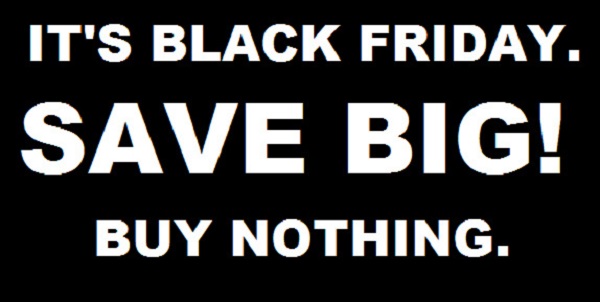 A group of British experts found that 60 percent of Black Friday deals are not real deals. Some of the products can be bought for the same price throughout the year while others had been already discounted before the big night.
A group of British experts found that 60 percent of Black Friday deals are not real deals. Some of the products can be bought for the same price throughout the year while others had been already discounted before the big night.
In the U.K., the Black Friday shopping extravaganza is worth more than £10 billion every year. However, a recent survey found that many of last year’s deals were priced the same or less before the event.
In December 2016, half of products ‘discounted’ for Black Friday were selling at the same price or less.
Most Black Friday Deals Not Genuine
For their analysis, researchers compared the prices for 35 home, personal care, and tech products showcased as Black Friday deals in 2016.
Some of the takeaways:
- A Neff Slide and Hide Oven was selling for $656.78 on the discount day, but three weeks later the same oven sold for $59.70 less. The product could be bought at the lower price for 113 days of the year.
- An Ultra HD 55-inch smart TV from Samsung which was on offer for $1,126.11 on Black Friday was $66 cheaper the following three months and $104.82 cheaper in most of May.
- A DeLonghi coffee maker sold for $463 on Black Friday with an initial price of $968.55. However, researchers found that the initial price for September and October was $769.99 for the two months. Currys, who had the product on offer, said this was a mistake. The coffee maker retailed for $463 in December too.
- Last year, Amazon was selling Oral-B Pro 3000 crossaction electric toothbrush for $39.79 at a said 26% discount. The same toothbrush had sold for $6.63 less at least twice in July 2016.
- Another Black Friday offer – a 49-inch LG TV – featured as the “lowest price” at $662 on Black Friday. In late December, the same model retailed for $640.77.
Experts underlined that inflation and a weaker dollar will affect Black Friday deals in 2017. The most impacted products will be electrical and fashion products along with home appliances.
Image Source: Flickr

Leave a Reply
You must be logged in to post a comment.